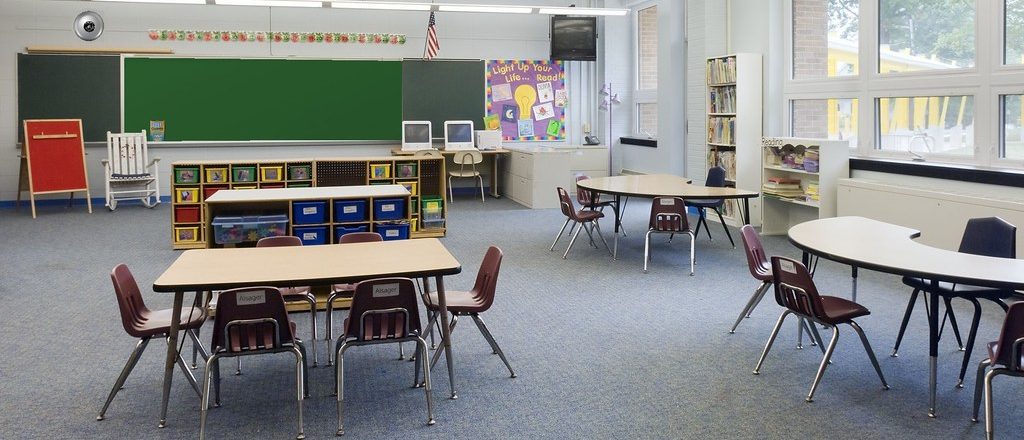Education
Red State Supreme Court Delivers Crushing Blow To School Choice Program

PatrickRich/Creative Commons, Public Domain
The South Carolina Supreme Court ruled Wednesday that the state’s school choice program is unconstitutional, affecting the status of 2,880 education scholarships that have already been partially doled out.
In a 3-2 decision, the court ruled that the Education Scholarship Trust Fund (ESTF) program, which issued payments to lower- and moderate-income families that could be used to send children to better public and private schools, violated the state constitution’s ban on granting funding for the “direct benefit” of private schools. The decision comes just weeks after students returned to school for the year with one installment of $1,500 already having been issued to eligible families, according to a press release from the South Carolina nonprofit Palmetto Promise Institute.
“The dissent claims our decision ‘pulls the rug out’ from under the feet of the General Assembly and ‘ultimately, the feet of the students the law was designed to serve,'” Associate Justice D. Garrison Hill wrote in the majority opinion. “Our duty is to serve the Constitution, the supreme policy of our land. As such, our obligation is not to allow a rug to cover up well marked constitutional ground, no matter how inconvenient that ground may prove to be to otherwise arguably salutary policies.”
“The Supreme Court’s decision may have devastating consequences for thousands of low-income families who relied on these scholarships for their child’s enrollment in school last month,” Republican Gov. Henry McMaster said in a statement. “[W]e will request the Court to expeditiously reconsider this decision — so that the children of low-income families may have the opportunity to attend the school that best suits their needs.”
In a dissenting opinion, Chief Justice John W. Kittredge argued that the program is valid and the majority misinterpreted the constitution.
“Under the South Carolina Constitution, the use of public funds for the direct benefit of a private school is impermissible; the use of public funds for the indirect benefit of a private school is entirely permissible,” Kittredge wrote. “I am firmly convinced the ESTF Act provides an indirect benefit and is facially constitutional.”
“Today, a court overturned a duly passed piece of legislation on the basis of an indefensible misreading of the words of our State Constitution. Prekindergarten students and college students enjoy state programs that allow them to attend private and religious schools. How is a program for K-12 students any different?” Wendy Damron, President of Palmetto Promise, said in a statement. “It is unconscionable that the Supreme Court would rip away these scholarships from children and families counting on the funds for their education this year.”
Several states have successfully introduced school choice scholarship programs to the benefit of thousands, including Florida, Georgia and Missouri. Despite these programs receiving a broad range of support, many still face pushback in states like Ohio and Tennessee.
The state’s Education Department did not immediately respond to the Daily Caller News Foundation’s request for comment.
All content created by the Daily Caller News Foundation, an independent and nonpartisan newswire service, is available without charge to any legitimate news publisher that can provide a large audience. All republished articles must include our logo, our reporter’s byline and their DCNF affiliation. For any questions about our guidelines or partnering with us, please contact [email protected].

